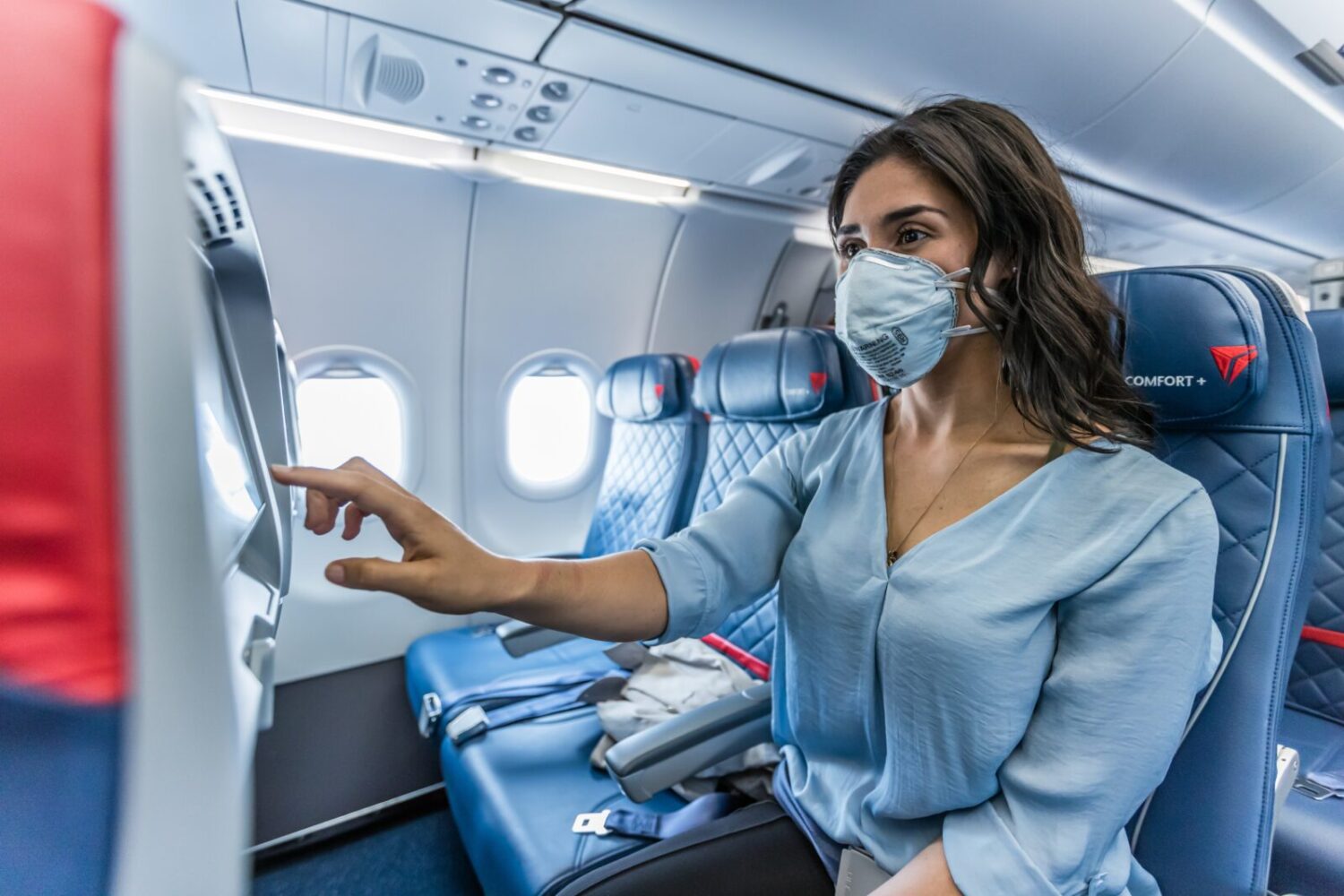
While the U.S. Department of Transportation logged a record high number of complaints from airline passengers in 2020 – predominantly about ticket refunds – satisfaction with airlines now seems to be on the rise.
That is according to the 2021 North American Airline Satisfaction Study from J.D. Power. The data for the study covers August 2020 through March 2021.
The results show that even with all the challenges the pandemic put forth for airlines in the past year, satisfaction is up by 27 points (to 819 on a 1,000-point scale), year over year.
“The airline industry adapted to a most unusual year by simplifying ticketing processes, waiving change fees and baggage fees which were key to persuading people to fly during the pandemic,” said Michael Taylor, travel intelligence lead at J.D. Power.
Flight crews on the front lines
The study finds that overall passenger satisfaction with flight crews increases by 26 points. This as flight attendants and pilots were tasked with explaining and enforcing many new health and safety measures during the pandemic.
High marks for no change fees
During the pandemic, most major airlines offered travel waivers that allowed passengers to change or cancel tickets without typical penalties. “Passengers responded favorably,” the study finds, “driving a 47-point increase in customer satisfaction with cost and fees.”
Airline rankings

Delta Air Lines ranks highest in customer satisfaction in this report, with a score of 860, the first time it has ranked highest since 1995.
Southwest Airlines (856) ranks second and Alaska Airlines (850) ranks third.
Here is chart with more rankings.

